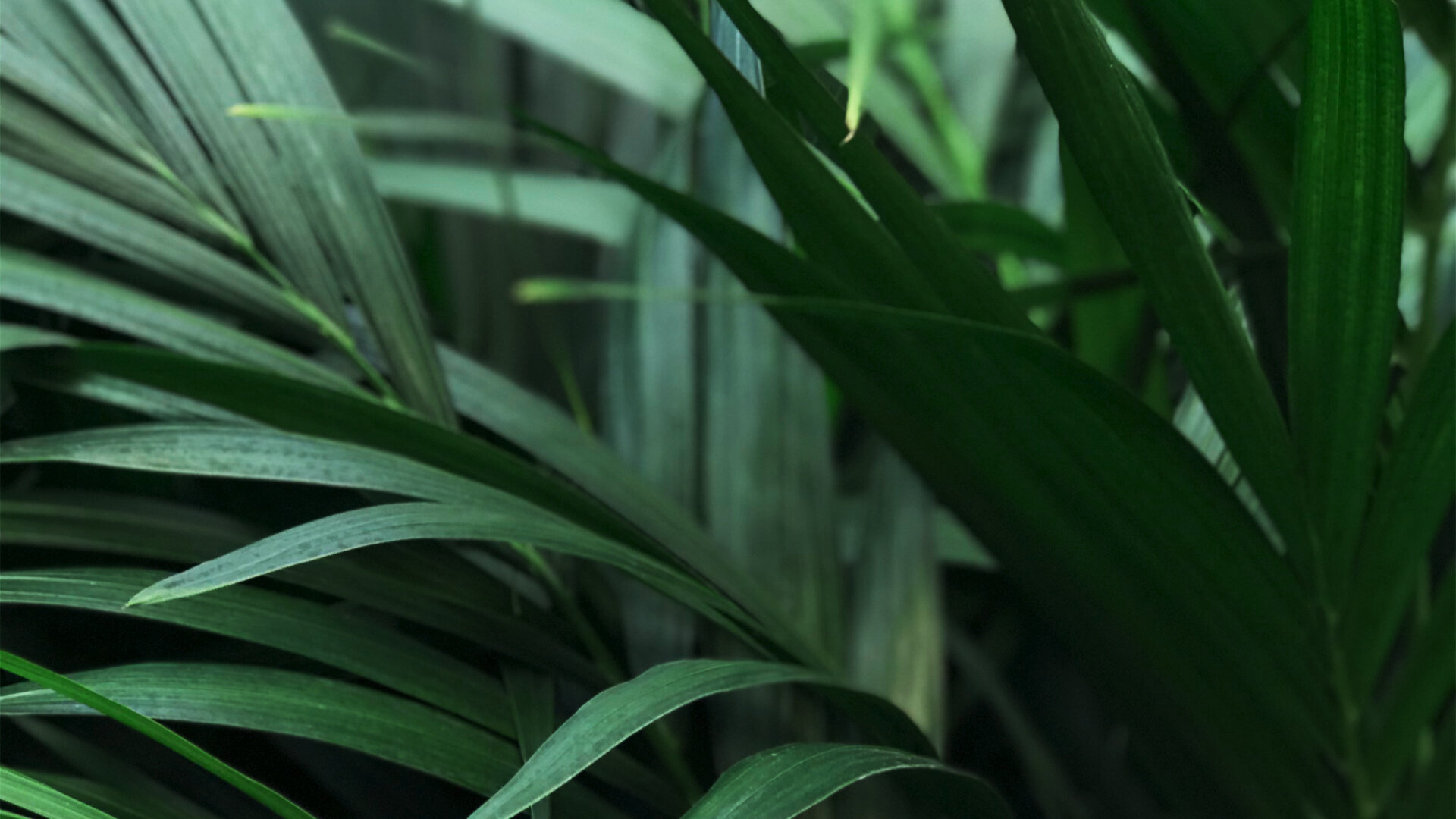WHY A REPORT?
2021 IMPACT REPORT
As Reflect Studio, the values we represent gain meaning through our production processes and working conditions. Yes, we are a part of the ready-made clothing industry. However, we reject the industry standard of a solely profit-oriented outlook. Instead we focus our energy on creating a more just and sustainable future for fashion. That’s why we make it a point to reflect the fundamental principles of transparency in all aspects of our work.
In this report we review our wins and failures from 2021, and set a game plan for improvements in 2022 in line with our 5P impact areas.
Click here to see Reflect Studio’s 5P impact areas.
↓
Year Summary:
Despite the many difficulties imposed by the COVID-19 pandemic, we achieved 73% of our goals in 2022 thanks to our determined work.
+
We used more yarns made from recycled plastics in our products and included more environmentally friendly raw materials such as TENCEL™ Lyocell. We als increased our use of dead stock and recycled materials.
-
We were not able to cooperate with the Adalar Sea Life and Sports Club Association (ADYSK), whose goal is to spread awareness about marine life and protect the seas through research.
+
We launched a WWF Market baby collection.
+
We designed a collection from deadstock and recycled materials.
-
We hoped to obtain the "PETA approved vegan" certificate and use the logo of the certificate, showing that there is no animal raw material in our products.
-
Although our production increased in 2021, we were not able to take the necessary steps to reduce carbon emissions. We also wanted to switch our heaters and air conditioners to more sustainable alternatives that use renewable energy.
+
We obtained the BCI (Better Cotton Initiative) certificate.
+
We found a more sustainable alternative to our plastic garment bags, which we rely on to keep our garments safe during transportation.
+
We implemented software that allowed us to measure our carbon emissions more comprehensively. We took action to neutralize our carbon footprint.
+
We opened a blog on our website that includes more comprehensive articles about our production processes and developments.
+
We launched a swimwear collection made from recycled materials.

















